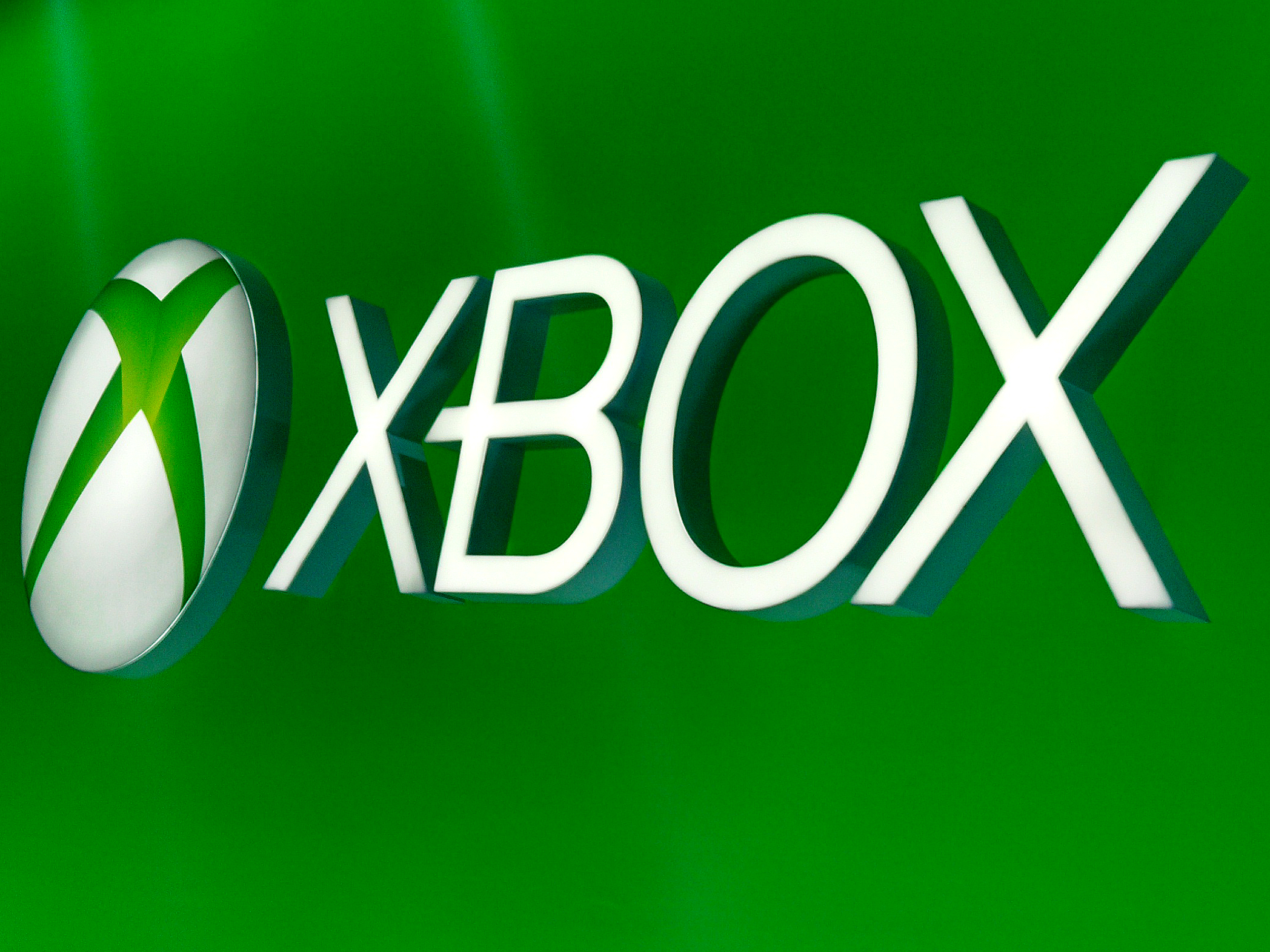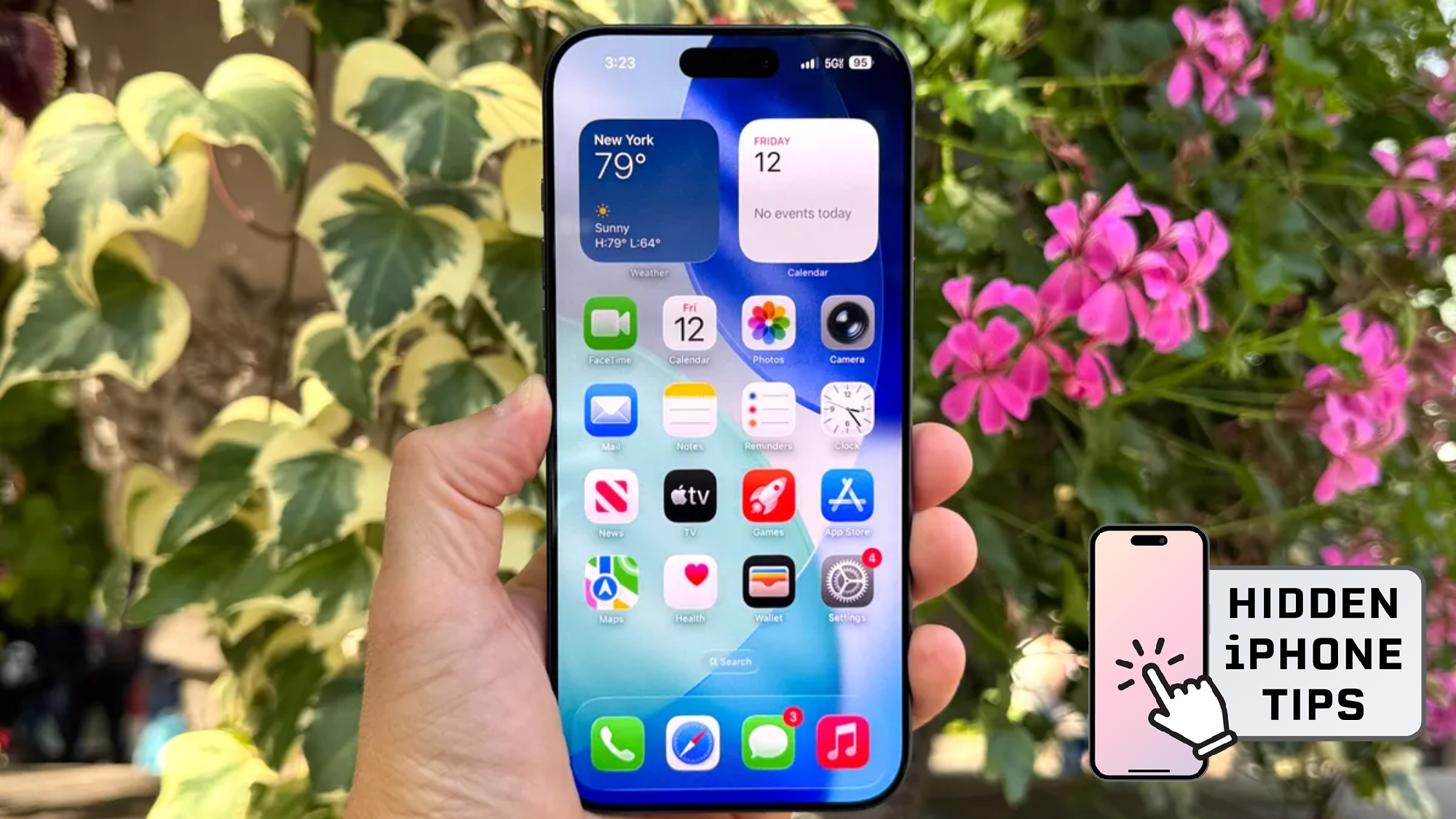Microsoft Sends Mixed Messages on Xbox One Kinect Privacy
Microsoft may or may not sell your personal data to third-party advertisers.

Last week, Microsoft Director of Product Planning Albert Penello assured upcoming Xbox One customers that the Kinect sensor will not be used as part of the NSA's surveillance, nor will it be used to collect personal data for third-party advertisers. On the advertising issue, Yusuf Mehdi, corporate VP-marketing and strategy for Microsoft, indicates otherwise.
For starters, let's take a short recap. Back in May, Peter Schaar, Germany's federal commissioner for data protection and freedom of information, noted that the Xbox One at the time continuously records personal information about the user including reactions and emotions, which could possibly be sold to third parties. The observation came during the time when Edward Snowden revealed that Microsoft is one of many tech companies that provides personal data to state officials. Even more, Microsoft was discovered to have provided email and Skype details to the NSA.
MORE: 26 Retro Games You Can Run on Modern PCs
Following that, a former Microsoft privacy advocate revealed his new distrust for the company after reading reports of mass surveillance by the NSA. Microsoft was then revealed shortly thereafter to have handed out personal information to Australian government agents in the first half of 2013. Needless to say, Microsoft's issues over privacy weren't looking good, and in a new era of mistrust, deceit and government conspiracies, upcoming Xbox One customers want to know if their new console with an "all seeing eye" will spy on them in the dark for the government and provide info to third-party advertisers.
Naturally, Microsoft wants to make big bucks this holiday season with the Xbox One. The company eventually caved in to consumer complaints about the constant Internet connection, and then later allowed customers to use their new console without the Kinect sensor plugged in. The device can see in the dark, it can keep an ear open for voice commands, and can track a heart rate simply by looking at the user's face. Having this camera plugged in and on "standby" at all times was a little creepy.
"Kinect can recognize your face and log you in automatically," Penello said in a Q&A response on NeoGAF. "There could be some cool features we could enable if we stored that data in the cloud, like being able to be auto-recognized at a friend's. I get asked for that feature a lot. But, for privacy reasons, your facial data doesn't leave the console."
As for the whole targeted advertisement aspect, he denies that Microsoft is working on such a plan. "We have a lot more interesting and pressing things to dedicate time towards. It was an interview done speculatively, and I'm not aware of any active work in this space," he said, referring to an interview done earlier this year speculating that personal information could be sold to third parties. "If something like that ever happened, you can be sure it wouldn't happen without the user having control over it. Period."
Get instant access to breaking news, the hottest reviews, great deals and helpful tips.
Yet Yusuf Mehdi explained in a presentation to the Association of National Advertisers Masters of Marketing Conference on Saturday morning that Microsoft will offer Xbox One data to advertisers. He also explained how this data and the actual process of collecting that data will re-shape marketing.
"We are trying to bridge some of the world between online and offline," Mehdi said in his 'Winning the Game: Xbox Marketing' presentation. "We have a pretty unique position at Microsoft because of what we do with digital, as well as more and more with television because of Xbox. Its early days, but we're starting to put that together in more of a unifying way, and hopefully at some point we can start to offer that to advertisers broadly."
After the speech, one marketer told AdAge that this new biometric data about what's going on in the living room is "unprecedented information about how people engage with TV advertising."
"I'll say this - we take a lot of heat around stuff we've done and I can roll with it," Penello said. "Some of it is deserved. But preventing Kinect from being used inappropriately is something the team takes very seriously."
Follow us @tomsguide, on Facebook and on Google+.
Kevin started taking PCs apart in the 90s when Quake was on the way and his PC lacked the required components. Since then, he’s loved all things PC-related and cool gadgets ranging from the New Nintendo 3DS to Android tablets. He is currently a contributor at Digital Trends, writing about everything from computers to how-to content on Windows and Macs to reviews of the latest laptops from HP, Dell, Lenovo, and more.
-
clonazepam A couple guys sitting around at a NSA office... "heh that guy just farted, look at his face" (a second later) "oh damn his wife's leaving the room!"Reply -
jhansonxi There is value in the data. Nielsen ratings are the currency of advertisers but they have many limitations:Reply
http://en.wikipedia.org/wiki/Nielsen_ratings#Criticism_of_ratings_systems
I suspect that many Xbox One owners will simply cover Kinect up. -
irish_adam People need to stop trying to blow kinect up into a big privacy invasion. They wont be recording you which is what everyone seems to be trying to scare you into thinking. I mean can you imagin the bandwidth that would take up for starters? let alone storage of all that footage.Reply
I mean even if the NSA did make themselves a back door so they could spy on xbox users, what would be the point? do you know the man power needed to spy on those millions of users? unless you're some kind of international arms dealer/terrorist what makes you think they give a shit about watching you wank off to tomb raider? -
ubercake Most people that complain about this will also rant on their facebook page about it while group texting their friends on the android phone (google). All of these are sources by which they voluntarily give out personal info. Even if you think it's private, Google or facebook is selling the info (you have to read the fine print). Google is an information collection engine. All of those free services (ie phone navi through Google maps) are at the expense of your information being sold.Reply
It sounds like they will be selling certain information to third parties just as any game company does on a PC or console when you check the 'accept' button on install. -
clonazepam I'm not a buyer, but I imagined putting tape over the camera if it had to be plugged in. I still don't understand how any of them could think an always on camera in the living room isn't creepy.Reply -
clonazepam I agree with everything you've said ubercake, I'm having fun with all the conspiracy.Reply -
clonazepam I agree with everything you've said ubercake, I'm having fun with all the conspiracy.Reply -
SteelCity1981 there was no reason why the Kinect should be always plugged in unless it was for monitoring purposes. the fact that ms gave a reason for the Kinect always having to be plugged in at first was nothing more then a bunch of bull. So fo ms can actually that ms could come out with an xbox one model with no Kinect and drop the xbox one price by 100 dollars, because lets face it not every has the room to use the Kinect and furthermore only certain types of games work with the Kinect while others are much more suited for a controller.Reply -
jkflipflop98 It's amazing how bad Microsoft has handled the XBone from start to finish. It's like they designed it specifically to screw the consumer out of money first and foremost - oh and by the way, it plays games too!Reply
 Club Benefits
Club Benefits





